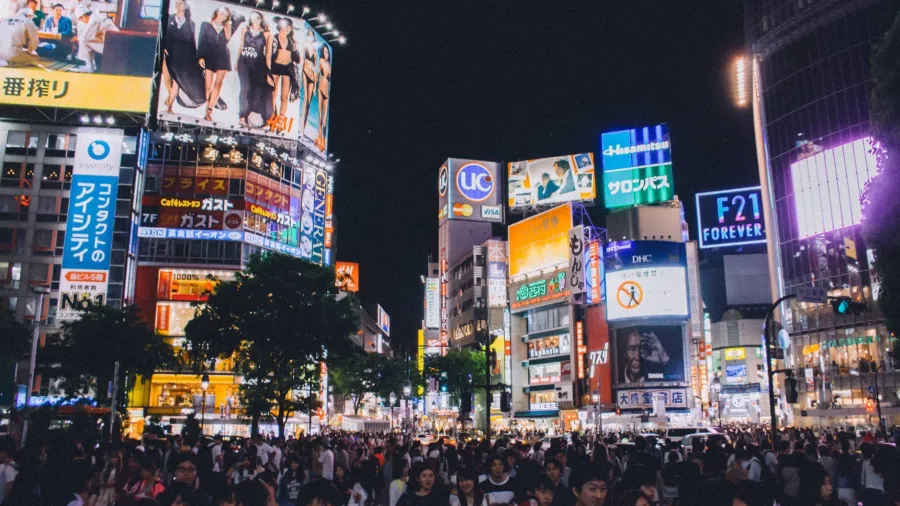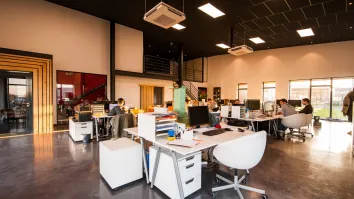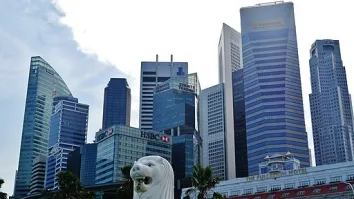
Here’s why Japan’s prime retail assets are highly in demand
Transaction volumes almost reached JPY1 trillion in 2024.
In a recent report, Savills revealed that the semi-annual survey conducted by JREI in October 2024 indicates that cap rates of prime retail properties have remained strong across Japan. Tokyo, Osaka and Hiroshima recorded a modest compression of 10 basis points (bps) HoH.
“Similarly, suburban shopping centres also demonstrated overall stability, with Osaka and Fukuoka experiencing a slight compression of 10bps HoH. That said, it should be noted that actual market cap rates could be as much as 100bps lower than these surveyed cap rates,” the report said.
Here’s more from Savills:
Retail assets remain popular among investors as an inflation hedge, as seen by the large transaction volumes in 2024, which amounted to just shy of JPY1 trillion. Although this figure is moderately smaller than that of 2023, which includes the enormous acquisition of Sogo & Seibu by Yodobashi Holdings, 2024 transaction volumes are elevated on a historical basis, and reflect the current positive performance of the retail sector as a whole. Moreover, current figures may be revised upwards as further deals are announced moving forward.
Prime retail assets appear to be in high demand, given the favourable tailwinds supporting the sector, such as growing inbound tourism and the potential for an expansion in domestic consumption due to positive wage growth. The past half year has seen a series of standout transactions in the Ginza area, including Gaw Capital Partners’ acquisition of the landmark retail facility Tokyu Plaza Ginza for JPY150 billion.
Similarly, LVMH acquired the Abercrombie & Fitch Ginza Store for JPY40 billion. In another significant deal in Ginza, Rivulets Investments, a newcomer to Japan, has made its market entry with the acquisition of the V88 Building for over JPY30 billion. These transactions are likely to stem from a growing demographic of high-spending overseas tourists visiting the Ginza area, which is regarded as the Asian centre of a global tourist destination.
Suburban and regional retail properties have also performed well, with many properties offering favourable yields for investors, and a handful of large transactions were announced over the past half year. Following Japan Metropolitan Fund’s notable JPY30 billion acquisition of unimo Chiharadai in Chiba in September 2024, major transactions in 2025 include Hankyu Hanshin REIT’s acquisition of AEON MALL INAGAWA in Hyogo for JPY11.5 billion, and Frontier REIT’s acquisition of a 30% quasi co-ownership interest in Mitsui Shopping Park LaLaport AICHI TOGO in Aichi for JPY11.0 billion.
Additionally, Mitsui & Co. Digital Asset Management acquired AEON TOWN Suzuka in Mie, which had an appraised value of JPY9.9 billion as of October 2024, while an undisclosed buyer acquired Resora Obu Shopping Terrace in Aichi from KDX Reality REIT for JPY6.5 billion.
Moreover, the notable M&A deal by Bain Capital to effectively acquire 60% of York Holdings for nearly JPY500 billion from Seven & i Holdings can be considered a bellwether for the potential and future outlook of suburban and regional retail sectors. The deal will yield Bain Capital control of major supermarket chains Ito-Yokado and YorkBenimaru, among other retail businesses. Going forward, financially savvy players, such as US private equity firms, may potentially increasingly compete for regional retail assets in Japan.



















 Advertise
Advertise







